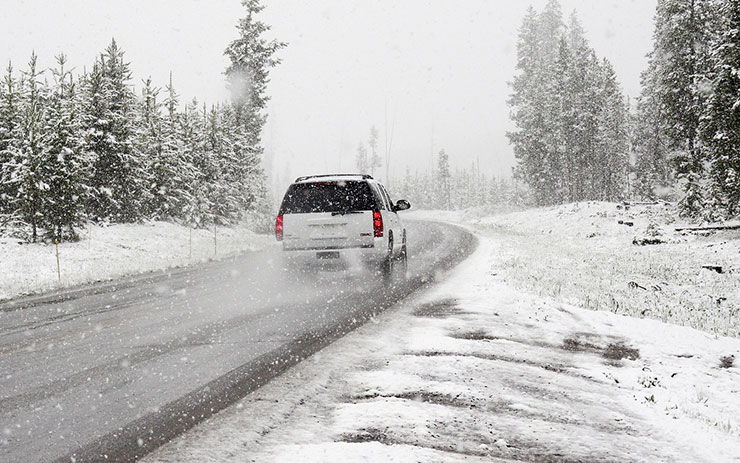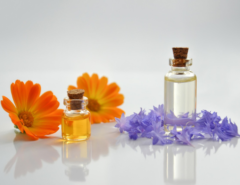Each season brings different poison safety tips that we should keep in mind. During the winter, we can get overwhelmed with school closings and delays, bundling up like marshmallows, and car windshields taking forever to defrost. Below, we share why you should also think about carbon monoxide alarms and proper storage of winter’s hazardous materials.
Carbon Monoxide
January is the deadliest month for carbon monoxide poisoning. What is carbon monoxide? A poisonous gas that has no color, odor, or taste; often called a “silent killer.” Carbon monoxide is produced by the incomplete burning of fuel such as natural gas, gasoline, kerosene, oil, wood, or charcoal. Common sources of carbon monoxide in the winter include:
- gas and oil furnaces
- wood and gas stoves
- wood and gas fireplaces
- generators
- kerosene and propane heaters
- cars
Never warm up your car by letting it run in the garage, even if the door is open. If you need to use a generator, make sure it is at least 20 feet away from windows and doors. Never use charcoal or gas grills in the house or garage.
Symptoms of carbon monoxide poisoning are similar to flu symptoms: headache, dizziness, and tiredness. The key difference is that you feel better when you leave the area where carbon monoxide is present. With the flu, you continue to feel bad no matter where you are.
Carbon monoxide alarms are recommended for all homes with potential sources of carbon monoxide. They work much like smoke alarms and can be easily found in stores and online. More information about carbon monoxide can be found on our downloadable information sheet.
Cough and Cold Medicines
We receive a lot of calls about cough and cold medicines throughout the year, but more often during the winter season. If taken in the wrong amount, by the wrong person, or in the wrong way, these medicines can be very dangerous.
Read the label with every use and follow directions exactly.
If taking more than one medicine, make sure none of the active ingredients are the same. Taking too much of any one active ingredient can result in an overdose. If you made a mistake and think you took too much of particular medicine, call us right away.
Store medicine away, out of sight, and out of reach of children after every use. Do not leave at the bedside or on the counter between uses. Although convenient, this increases the chance that a young child will get into it.
Make sure the medicine you are giving your child has dosage instructions for their age or weight. Never use adult medicines for children.
Antifreeze and Windshield Washer Fluid
These heavy, colorful jugs make their way into the middle of store aisles during the winter.
Did you know that as little as one mouthful in a child or adult can require treatment in an emergency department? This is why proper storage and clean-up is incredibly important.
Store these products in their original containers. Do not use water, soda, juice, or any other kind of bottle. The liquid can be easily mistaken for juice or soft drinks because of its color. Also, these liquids have a sweet taste. Often during the winter season, people keep the antifreeze and/or windshield washer fluid in the trunk of the car. If doing so, leave it in its original container.
Make sure all puddles or spills are rinsed away thoroughly. This is particularly important because the family pet could be poisoned if it laps it up.
Ice Melt or Rock Salt
The small amount of crystals that come into the house on shoes and boots is not likely to be a problem. But, eating large quantities can cause symptoms. Store it up, away, and out of sight between uses so pets and small children can’t get into it.
If you suspect you or someone else has been exposed to a winter poison hazard, call the poison center right away. Do not wait for symptoms. We are open 24/7/365. The call is free and confidential. You’ll always reach a specialized pharmacist or nurse by calling 1-800-222-1222.





Leave a Reply